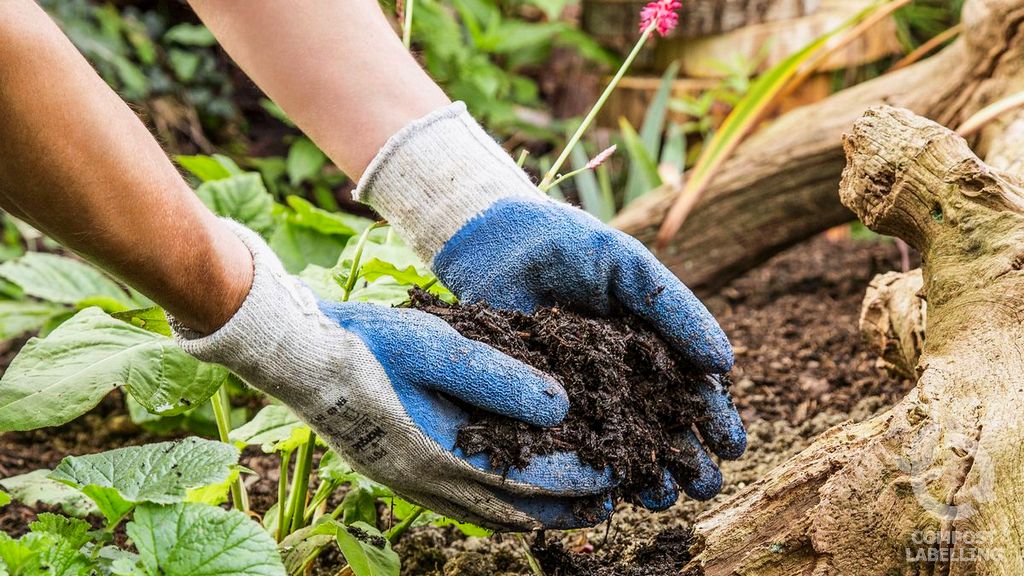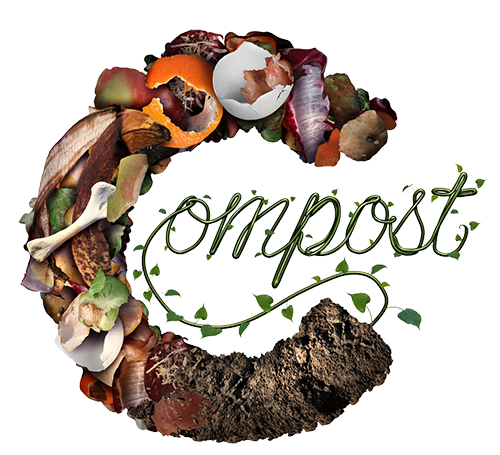What Are the Benefits of Getting the C-Label Compostable Label?
Today, different composting methods are applied in composting facilities, depending on the type of waste. In general, the main compostable wastes are:

- Increased fruits and vegetables (stems, seeds, skins, skins)
- Bread, cereals, rice, flour, cereal, pasta
- Garden ornaments, wood chips, plants, flowers, leaves, straw and grass
- Natural fibers (cotton, wool, linen)
- Hair (human and animal)
- hairs
- herbivore manure
- Coffee grounds and filters as well as tea leaves and sachets
- Newsprint, paper, cardboard, paper plates, cups and napkins
- Egg shells
There are two types of fragmentation methods in nature:
- Anaerobic (without oxygen) decomposition: It is the decomposition method often referred to as fermentation or decomposition. Such decomposition is accompanied by the release of methane or the foul odor of hydrogen sulfide. Anaerobic decomposition takes place slowly and very little heat is produced.
- Aerobic (oxygenated) decomposition: A naturally occurring process in which organic wastes are converted into humus. There is little to no smell. The process creates a lot of energy in the form of heat. Heat is an advantage as it destroys pathogens and parasites. This type of composting is assisted by bacteria, fungi, worms and other creatures.
The benefits of composting, whether at home or in large composting facilities, can be listed as follows:
- Improves soil condition and structure
- Increases the water holding ability of the soil
- Supports living organisms
- Helps dissolve mineral forms of foods
- Protects the soil from chemical imbalances
- Provides biological control of some pests
- Helps return organic matter to the soil and keep it out of landfills and waterways
Compostable labels help reduce the amount of waste going to landfills, which reduces waste accumulation and harmful greenhouse gases. Compostable materials reduce the need for pesticides and chemical fertilizers with their nutritional additives.
Our organization provides very different certification services for businesses in various sectors and carries out the necessary testing, analysis, control and evaluation activities within this framework. In these works, it always follows domestic and foreign standards, applicable legal regulations and generally accepted practices. Our organization has a trained and experienced staff and advanced technological facilities. In this framework, it also provides compost certification and C-Label (Compost Labeling) compost labeling services to businesses that request it.

C Label
- What is a C-Label Compostable Label?
- How to Get the C-Label Compostable Label?
- Who Can Get the C-Label Compostable Label?
- What Are the Benefits of Getting the C-Label Compostable Label?
- What are the Required Tests for the C-Label Compostable Label?
- Frequently Asked Questions for the C-Label Compostable Label
- Why Get the C-Label Compostable Label?
- Compostable Packaging Standards
- Compostable Labeling Solutions
- Useful Tips for Compostable Labels
- What Does the C-Label Label Do?
- What Contribution Does C-Label Contribute to the Industry?
- Business Partner with C-Label Environment
- Reduce Energy Use with C-Label

